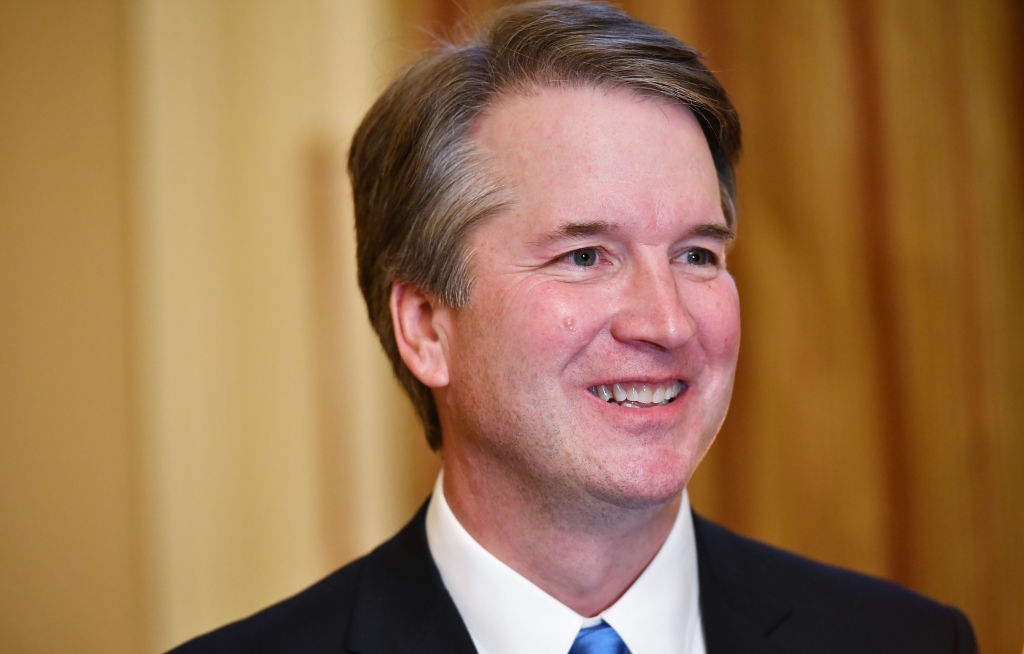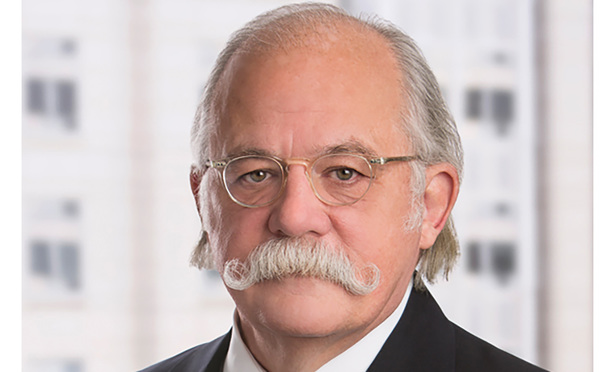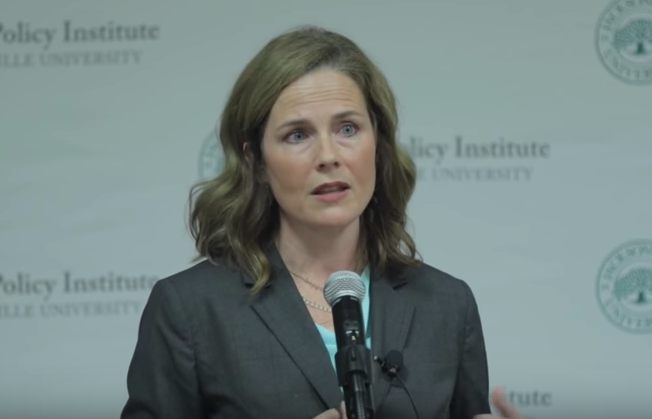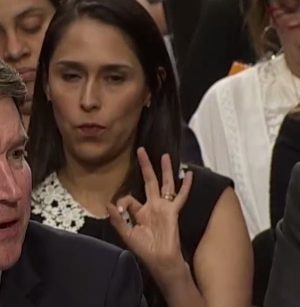
Non Sequiturs: 05.05.19
* If you shared my skepticism that the murder trial in the Dan Markel case will actually start next month, almost five long years after Markel's murder, then you won't be surprised by this latest development -- Saam Zangeneh, counsel to Sigfredo Garcia, has moved for a continuance. [Tallahassee Democrat] * As predicted, President Donald Trump just had his 100th Article III federal judge confirmed by the U.S. Senate; he's now up to 102 judicial appointees, as noted by Carrie Severino. [Bench Memos / National Review] * If my writeup of Preet Bharara's recent event at Cleary Gottlieb left you wanting more, check out Randy Maniloff's wide-ranging interview with the former U.S. attorney (including advice on how not to get hired at the S.D.N.Y.). [Coverage Opinions] * Jonathan Adler flags a thoughtful debate between Michael McConnell and Josh Chafetz on the battle over subpoenas between President Trump and Congressional Democrats. [Volokh Conspiracy / Reason] * Howard Wasserman identifies an interesting argument against police officers using body-worn cameras aka bodycams -- but as he also observes, we don't really have a better solution yet to the abuse of police discretion. [PrawfsBlawg] * My money's on Capital Loss Carryover in the Preakness Stakes. [TaxProf Blog] * Of course "real lawyers" take notes -- but there are some nuances here, which Joel Cohen explores. [New York Law Journal] * Frank Cross, a longtime professor of law at the University of Texas School of Law, rest in peace. [Balkinization]
















